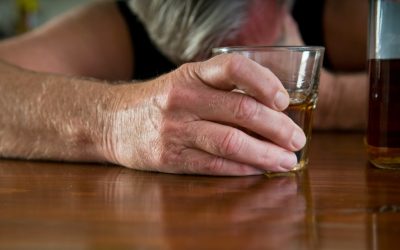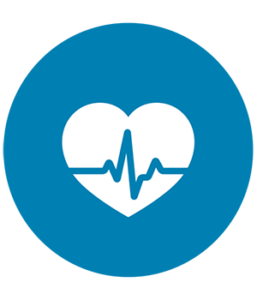Can’t Sleep Without Alcohol? 5 Alternatives to Alcohol for Sleep
Psychological withdrawal symptoms often include anxiety, depression, and intense cravings. In cases of excessive, long-term alcohol use, more severe symptoms such as confusion, and convulsions may occur. Delirium tremens is the most severe form of alcohol withdrawal and occur in a small percentage of individuals. Studies show that people who drink alcohol regularly are more likely to develop long-term insomnia. And the side effects like irritability and tiredness the next day can impact your life and those around you. Insomnia is defined as regular trouble falling asleep and/or waking up throughout the night.
- Regardless of the cause, figuring out the root of the issue will help you develop other methods to fall asleep.
- If you’re having trouble sleeping, it’s essential to find a way to relax.
- The gut and its microbiome are often referred to as the body’s second brain, and operate under powerful circadian rhythm activity.
- If you’ve entered a stage in your life where you can’t sleep without alcohol, it can be challenging to make a change.
That is why alcohol detox and alcohol withdrawal treatment is administered by medical professionals. Establishing good sleeping habits, also known as sleep hygiene, is an essential first step in good sleep. Ideally, you should wake up and go to bed at the same time each day. Stimulants such as caffeine should be avoided, especially at night. Using electronics like TV or smartphones before bed should also be avoided.
How does alcohol affect people with insomnia?
If that mimosa with brunch hits you particularly hard, it may be the result of circadian timing. Once the initial symptoms of withdrawal have subsided, you may find that you have more energy than you did before you stopped drinking. This is because alcohol is a depressant, so when it’s no longer in your system, your body has more energy to work with.
- You’ll be able to reprogramme yourself back to a time or place where sleep was never an issue.
- I’m certainly not implying that individuals should not consume alcohol in moderation.
While the temptation to routinely consume alcohol to relieve stress is common, doing so can be detrimental to your overall health. While cirrhosis scars from excessive drinking are irreversible, quitting alcohol and leading a healthier lifestyle can help your liver heal from alcohol-related liver disease. Staying physically active during the day can help you fall asleep can’t sleep without alcohol at night, as well as promote overall health. Doctors have found that on its own, alcohol can narrow your upper airway and lead to sleep apnea problems, even if you have never had them before. Studies have shown that when you get up the next day, you may be less alert because of your drinking the night before, even though you no longer have alcohol left in your body.
How does alcohol affect sleep quality?
The information we provide while responding to comments is not intended to provide and does not constitute medical, legal, or other professional advice. The responses to comments on fitrecovery.com are designed to support, not replace, medical or psychiatric treatment. Please seek professional care if you believe you may have a condition. I was then given a large supply of Trazadone to take each night. I stopped taking it after about a week because it made me feel extremely groggy the next day.

In fact, having a drink before bed might actually have a negative impact on the quantity and quality of your sleep. If you can’t sleep without alcohol, I’m here to help you make impactful and positive changes in your life. For the treatment of either disorder to be effective, both insomnia and substance abuse should be addressed together.
Alcohol and Sleep
Even though a glass or two may help you initially drift off faster, it probably won’t benefit your sleep quality in the long run. If you sleep better when you don’t drink, you might consider stopping alcohol use entirely. However, if you continue to have sleeping difficulties, reach out to a sleep specialist.
Worst of all, alcohol blocks REM sleep, considered the most impactful phase of the sleep cycle. REM sleep is known to be the optimal restorative portion of sleep. So drinkers often feel groggy and unrested even after a long night of ‘drunken’ slumber. While alcohol can make you feel you drowsy initially, the quality that drunken slumber provides is not very productive. Delta Pattern brain activity slows down, decreasing the effectiveness of memory and learning formation. At the same time, Alpha Pattern brain activity speeds up, which normally does not occur during sleep.
How To Sleep When Stressed and Anxious
Researchers have found that insomnia is a risk factor for alcohol abuse. In an attempt to fall asleep, some people have a drink before bed. One study shows that this is the reason about 10% of people drink alcohol. Because alcohol can have a depressive effect on the brain, drinking may help some people fall asleep faster.
Non-alcoholic drinks can play an important role in cutting back. As well as drinking to fall asleep, you may also have routines or rituals like drinking when you watch sport or a movie. You’ll be more likely to fall asleep fast if https://ecosoberhouse.com/ you avoid stimulation before bed. Stay away from caffeine, other medication, screen time, sugary foods, stressful activities, and of course, alcohol. The key to getting better sleep is to establish a consistent bedtime routine.

